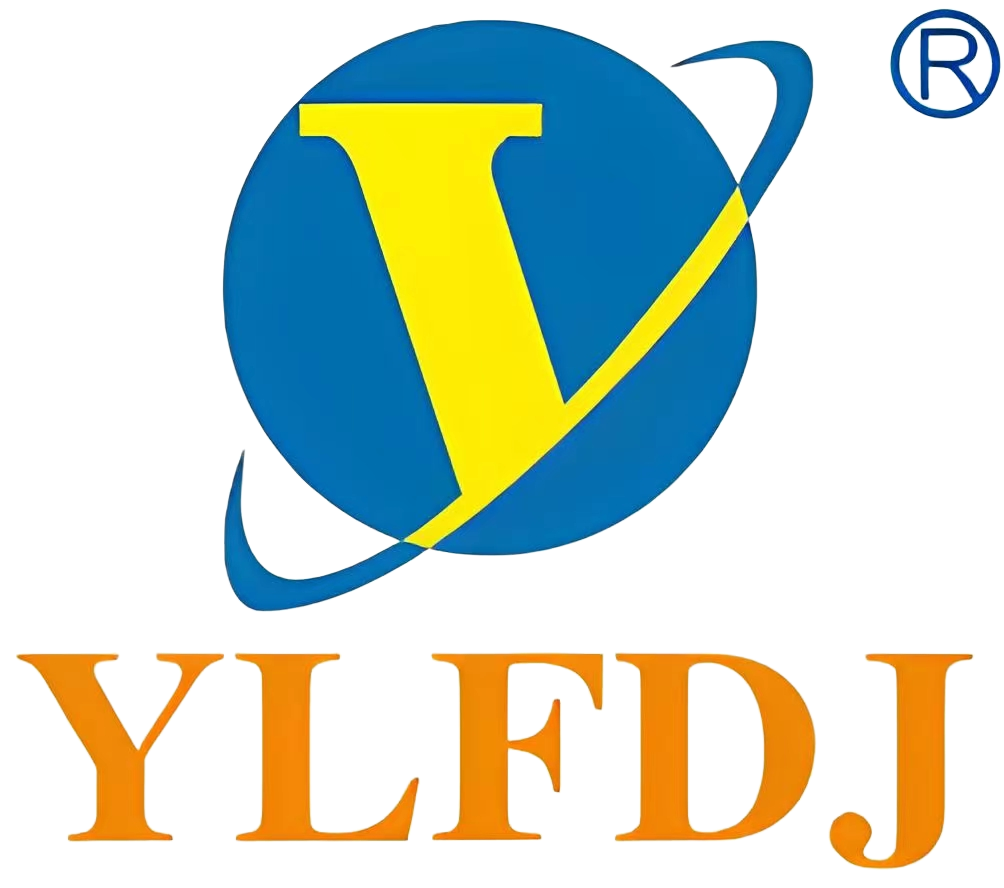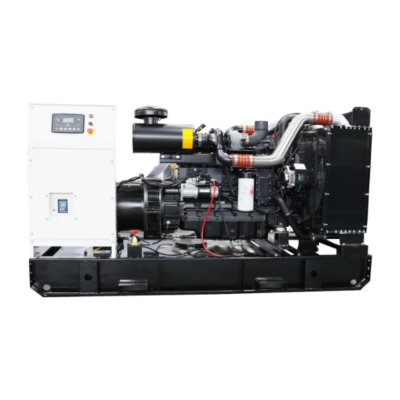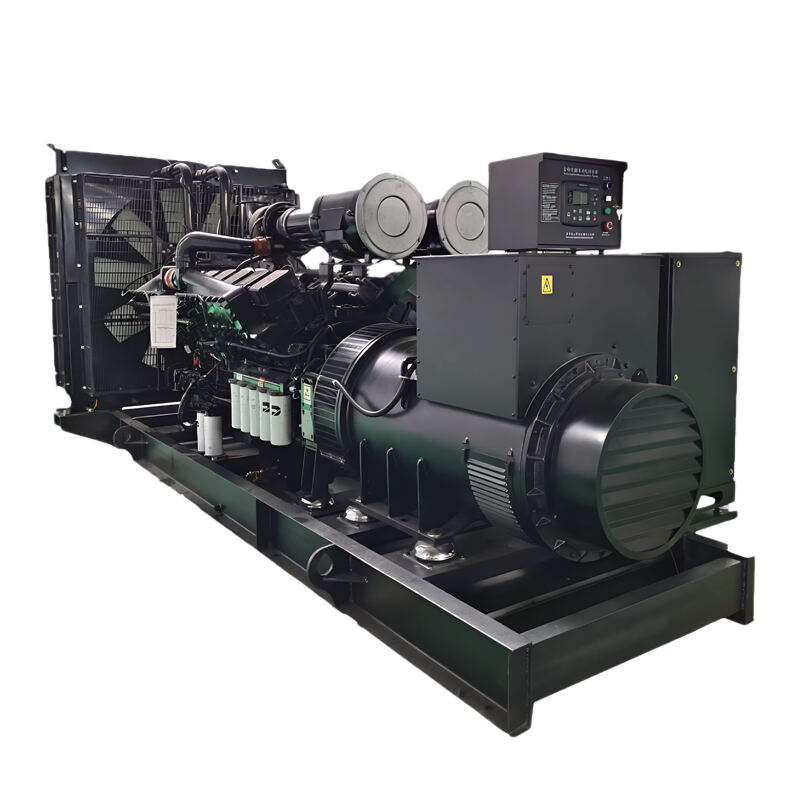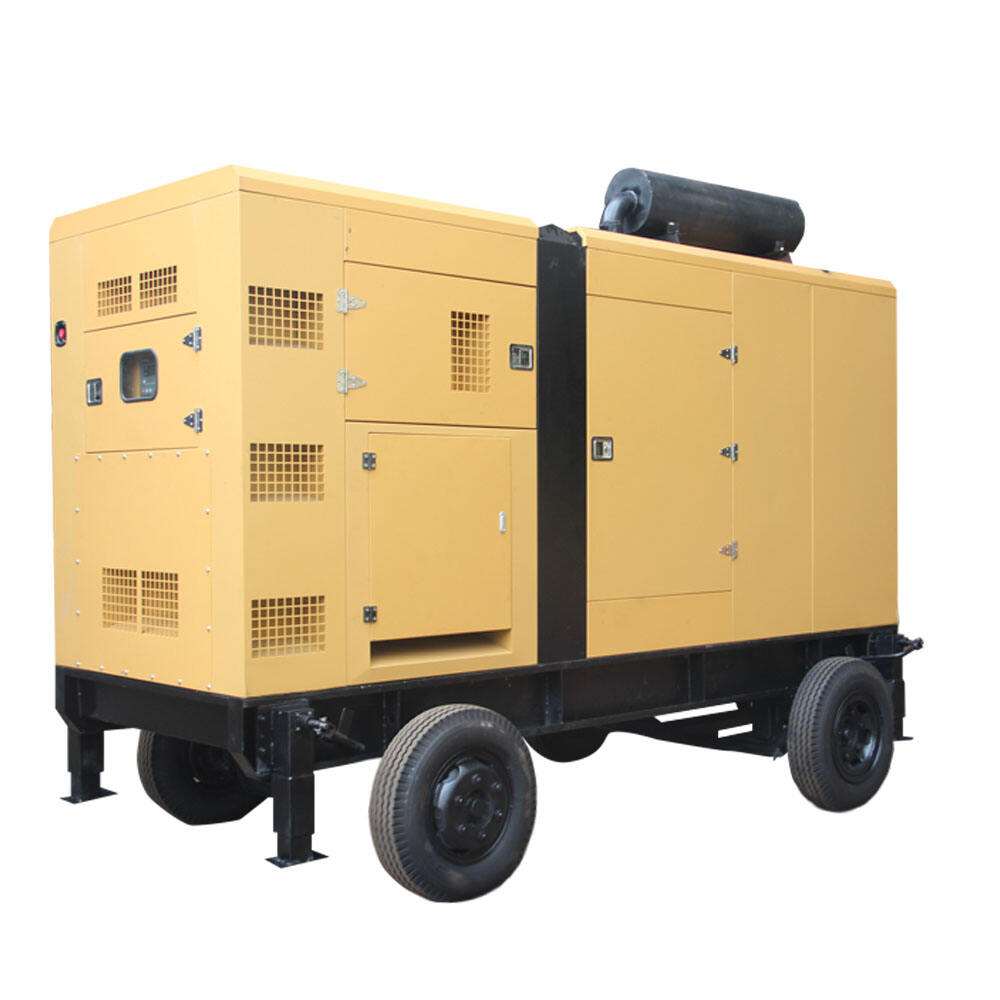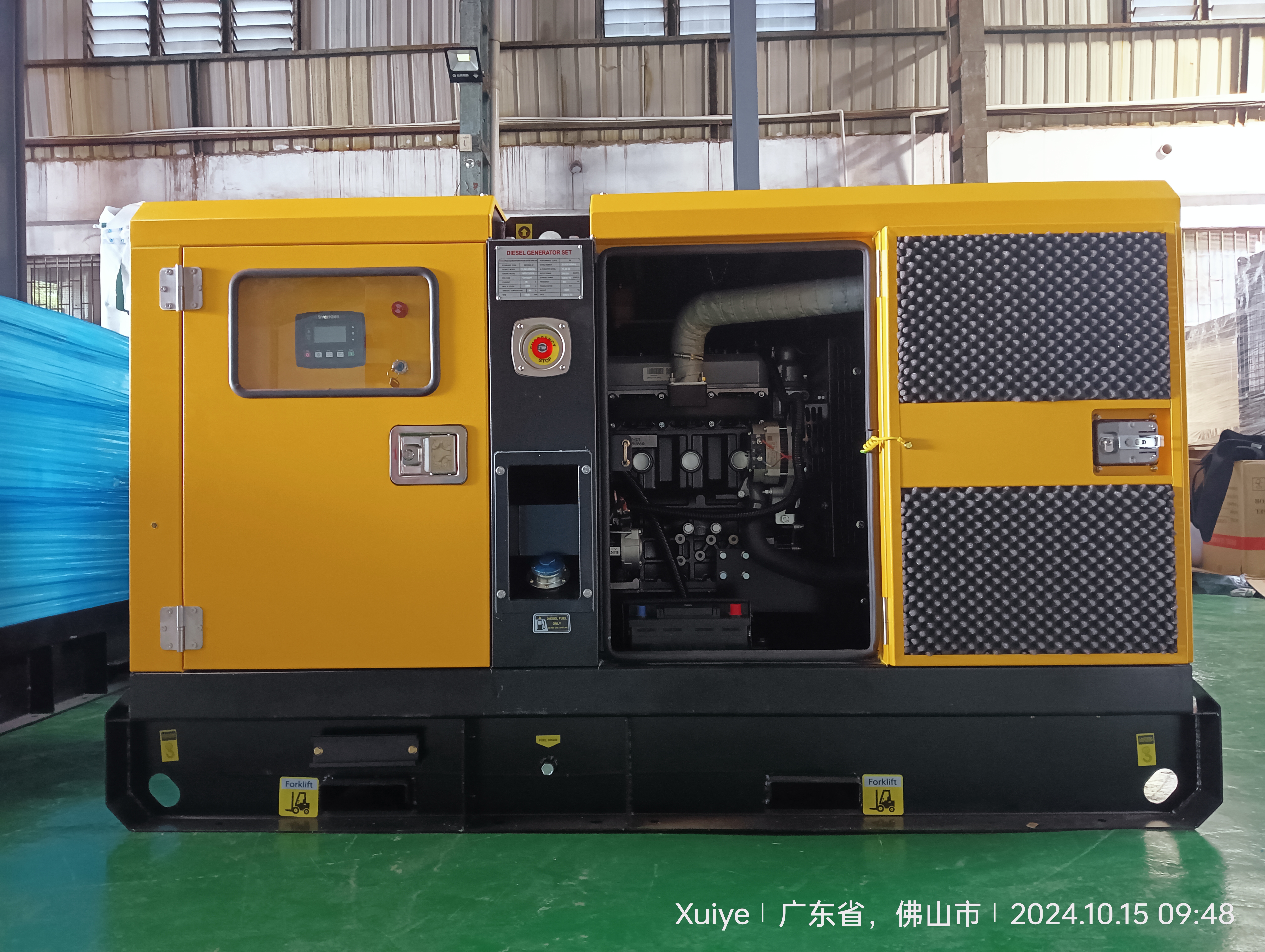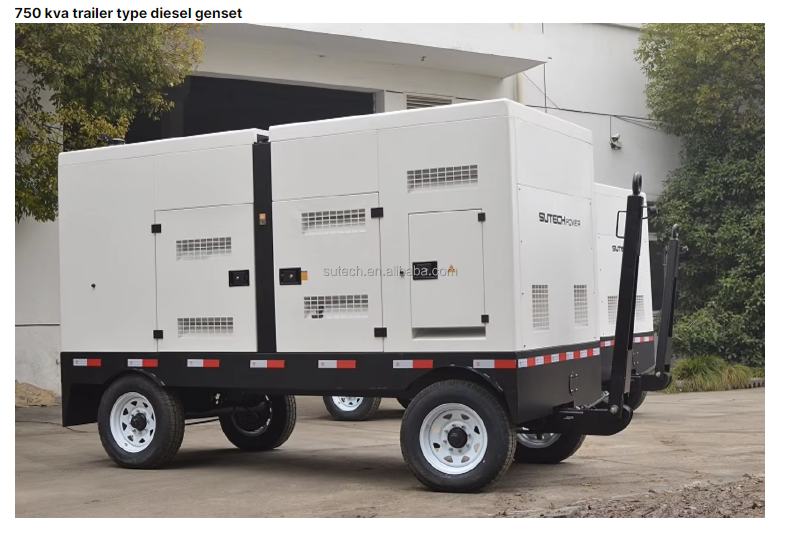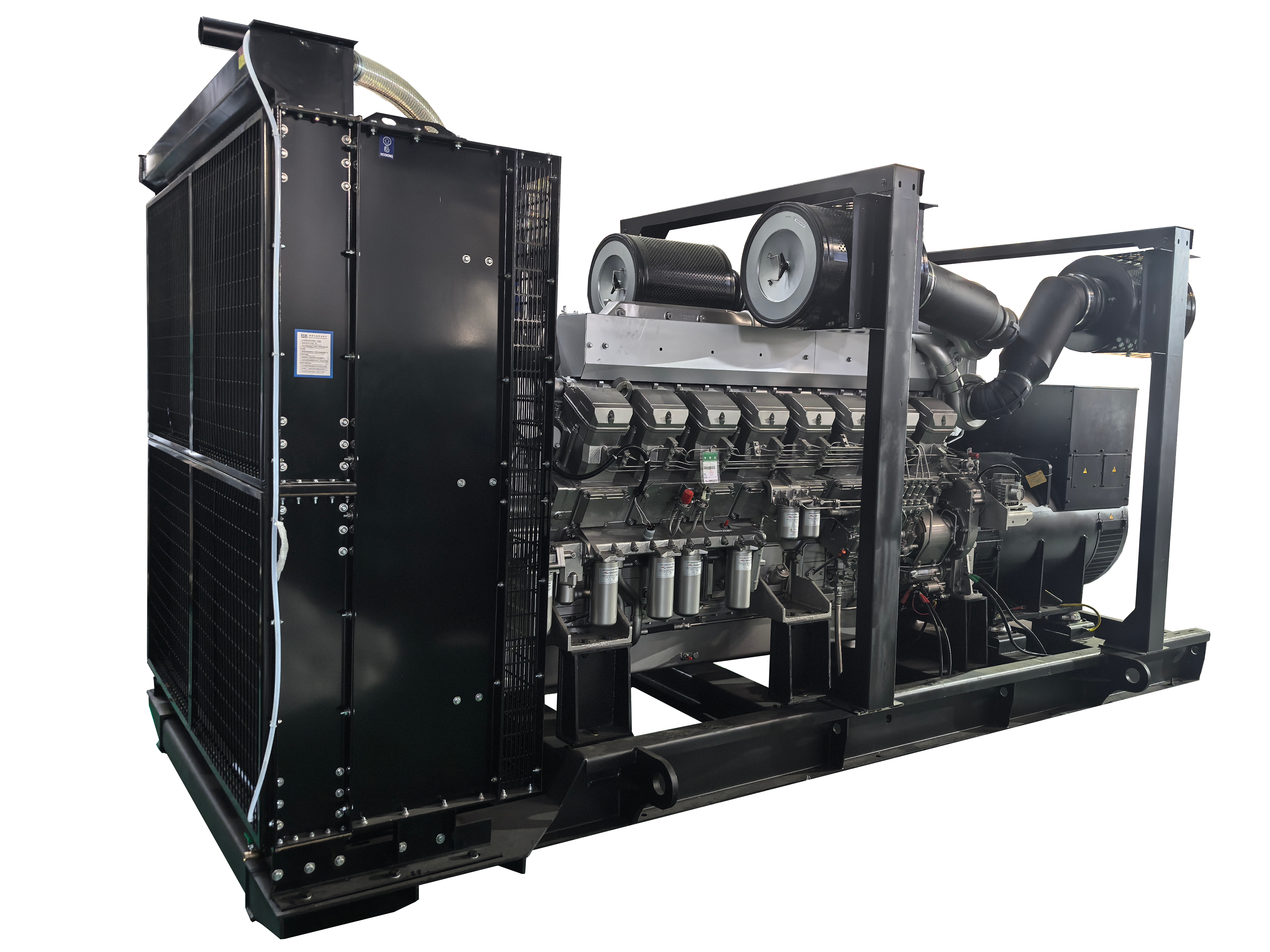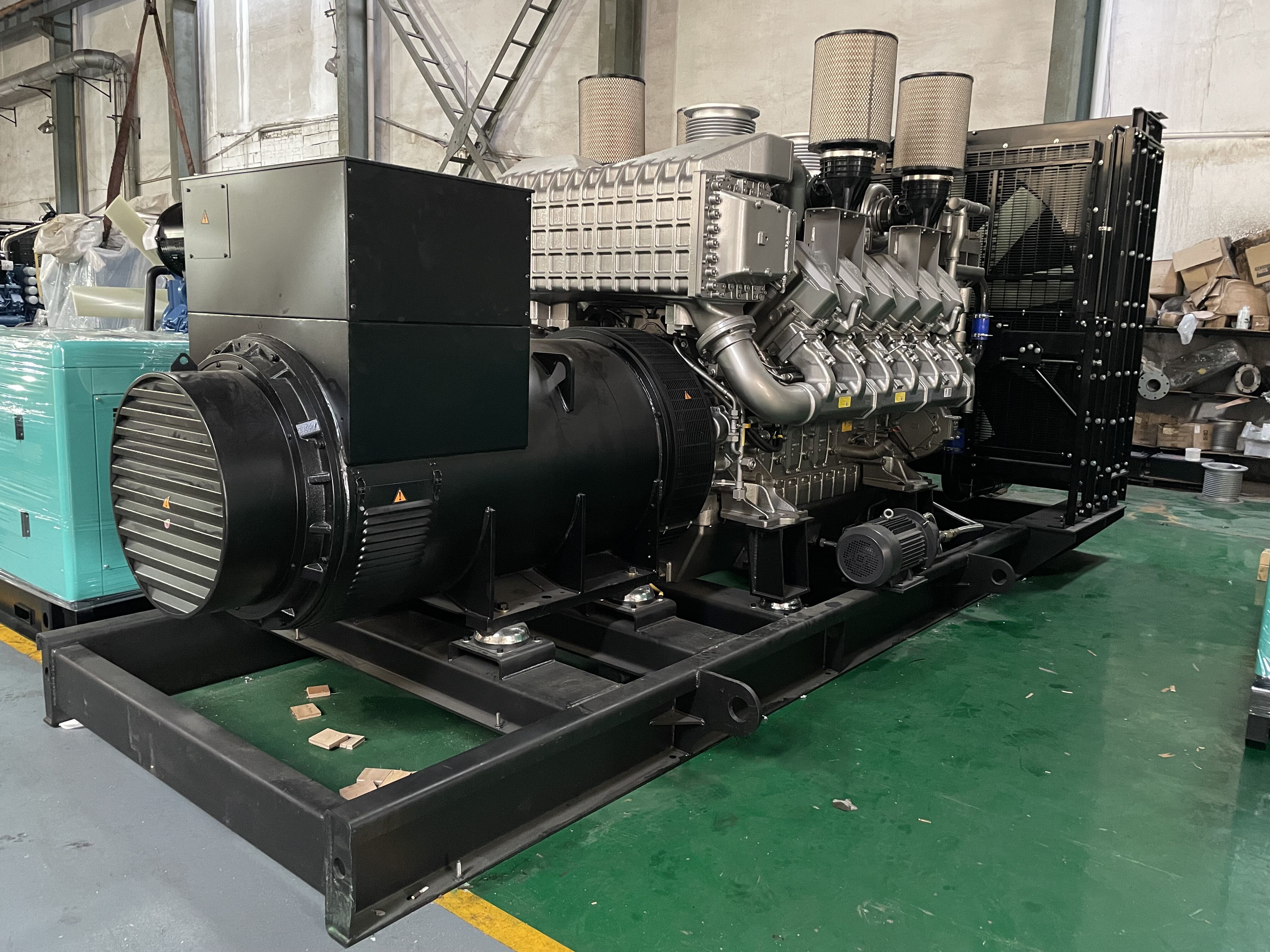power generation technologies
Power generation technologies represent a diverse array of methods and systems designed to convert various forms of energy into electrical power. These technologies encompass traditional fossil fuel-based systems, renewable energy solutions, and emerging hybrid approaches. Modern power generation systems typically integrate advanced control mechanisms, efficient combustion processes, and sophisticated power distribution networks. The technologies incorporate state-of-the-art monitoring systems that ensure optimal performance and reliability while maintaining environmental compliance. Key components include turbines, generators, boilers, and advanced electronic control systems that work in concert to produce stable electrical output. These systems are designed to meet varying load demands, from base load power plants to peak load facilities, and can be scaled to serve different applications, from industrial complexes to residential areas. The technology also encompasses smart grid integration capabilities, allowing for better power management and distribution. Recent innovations have focused on improving efficiency, reducing emissions, and incorporating digital technologies for enhanced monitoring and control. These advancements have led to the development of more flexible and responsive power generation systems that can adapt to changing energy demands while maintaining high reliability standards.
